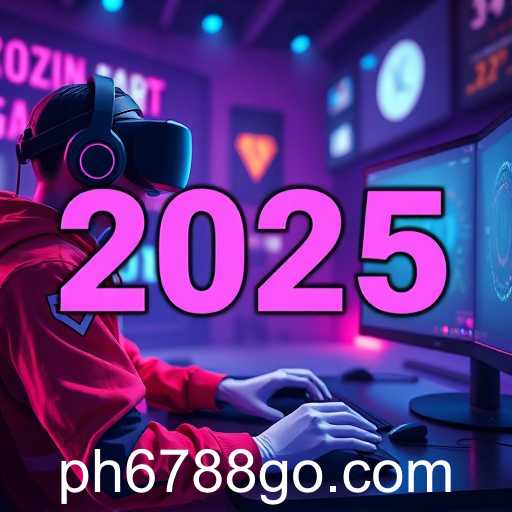The year 2025 marks a significant milestone in the evolution of online gaming, as platforms like ph6788 continue to shape the landscape. The rapid advancements in technology have facilitated an unprecedented level of engagement and interactivity among gamers worldwide. This article delves into the current dynamics of online gaming, offering insights and commentary on its future trajectory.
As we step deeper into the decade, the integration of virtual reality (VR) and augmented reality (AR) has become a central theme in the gaming industry. It has transformed the traditional gaming experience into something much more immersive. Platforms like ph6788 are at the forefront, offering innovative solutions and captivating experiences that keep users engaged for hours.
In recent months, the global gaming community has witnessed a surge in eSports, setting new records in viewership and participation. Major tournaments now attract millions of viewers, with professional gamers gaining celebrity status. This boom is partly attributed to the increased accessibility and social connectivity offered by platforms like ph6788, which provide seamless streaming and interactive options.
The rapid growth of online gaming has also sparked important conversations around digital wellbeing. While platforms such as ph6788 have revolutionized entertainment, they also necessitate a balanced approach to screen time and mental health. Developers and policymakers are called upon to ensure that the gaming environment remains inclusive and supportive.
Looking ahead, the online gaming industry shows no signs of slowing down. With blockchain technology making waves, there are predictions of even more exciting developments, such as decentralized gaming and new in-game economies. Platforms similar to ph6788 will continue to play a pivotal role, setting trends and defining the future of digital play.
In conclusion, 2025 presents a landscape ripe with potential for gaming enthusiasts and developers alike. As online gaming platforms evolve, companies, communities, and individuals must adapt to these changes, ensuring that the benefits of gaming are accessible to all.








